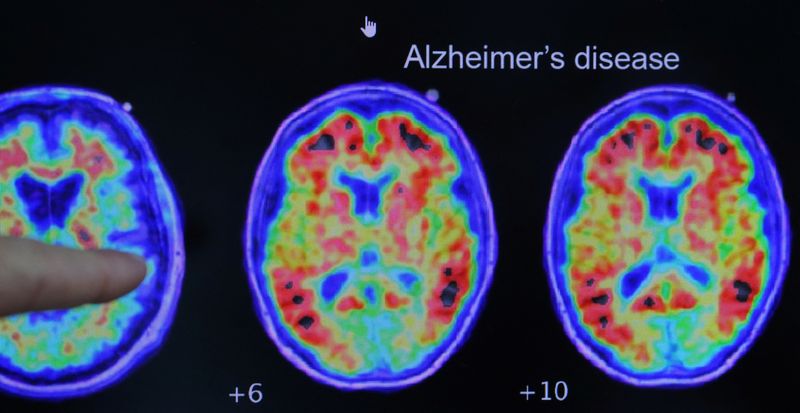(Reuters) - The U.S. government said on Monday it would trial a new payment program for people who provide dementia care coordination services for patients covered by the Medicare health plan.
The program includes services such as personalized assessments, care plans for patients as well as 24/7 access to a support line. Medicare said the program aims to delay long-term nursing home care.
The Medicare agency's pilot program will test a per-patient per-month amount payment model for people who provide support services to patients with dementia.
The model includes a care coordinator to help increase access to clinical care as well as non-clinical services such as meals and transportation through community-based organizations.
The program is for people suffering from dementia due to Alzheimer's disease or other causes including vascular dementia, dementia with Lewy bodies or abnormal deposits of protein inside nerve cells, among others.
The federal agency said it will open applications for organizations interested in participating in the program in autumn of this year. The trial is expected to run for eight years beginning July 2024.

About 6.5 million Americans currently live with Alzheimer's disease or another form of dementia, a number that is projected to grow by nearly 14 million by 2060, according to government data.
The new plan comes weeks after the U.S. Food and Drug Administration approved Biogen (NASDAQ:BIIB) and Eisai's Alzheimer's treatment Leqembi and Medicare said it would begin paying for it widely.
